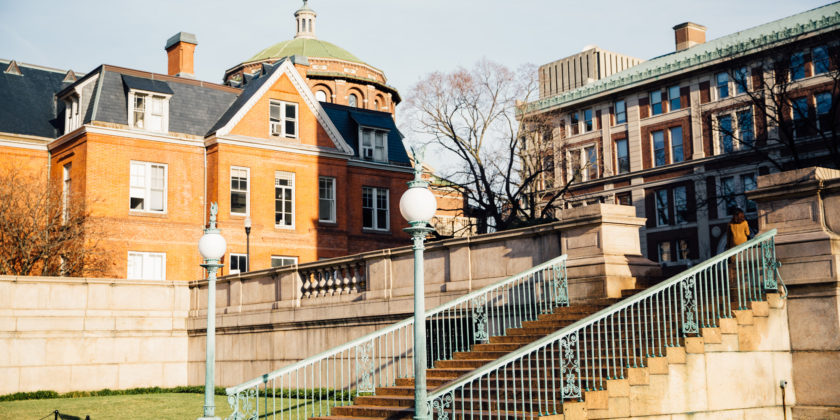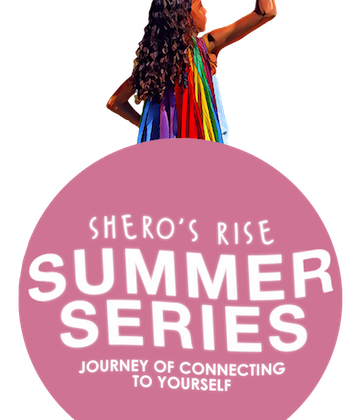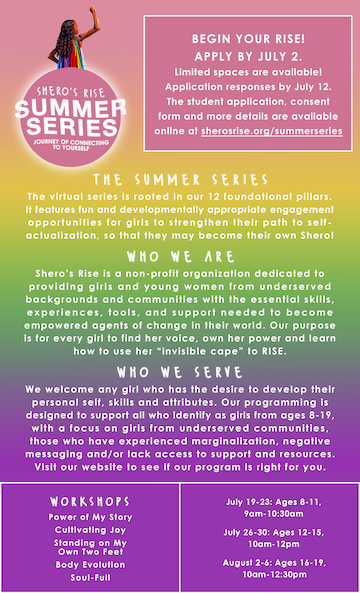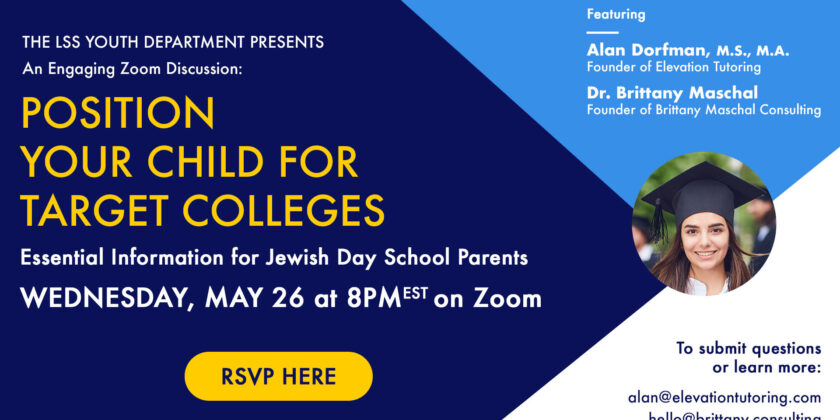Best Summer Programs for High School Students: Math
As part of your college application, extracurricular activities—including those over the summer— help demonstrate your intellectual curiosity and commitment to an area of study (typically, the one you might pursue in college). The following programs are some of our favorites for students interested in math.
Please keep in mind that “programs” are not the only way to explore academic interests. In fact, many colleges like to see students go beyond canned programming (ask us about this directly). You can join clubs at your school or locally, take free online classes via edX and Coursera, shadow or intern (aka volunteer for most students), or work with a teacher at your school to develop an independent study—there are tons of options ranging from super formal (and pricey) to those as simple as reading in your free time. They all “work” to build your academic narrative and explore your area(s) of interest.
- Summer Workshop in Math @ Duke University
- Canada/USA Mathcamp
- Hampshire College Summer Studies in Mathematics (HCSSiM)
- Texas State Mathworks Honors Summer Math Camp
- MathILy
- Program in Mathematics for Young Scientists (PROMYS)
- The Ross Program
- Stanford University Mathematics Camp (SUMaC)
*Stay in the know! Subscribe*










